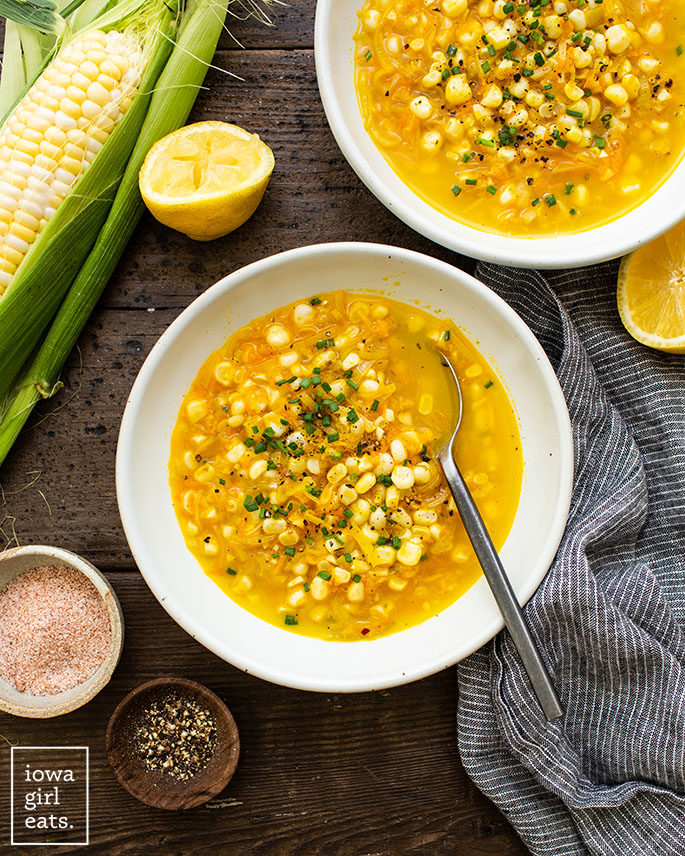How to eat healthier: Eight small steps toward a healthy diet
[ad_1]
The health benefits of a diet rich in fruits and vegetables and with little processed foods have been well-documented. Healthy eating is a key way to reduce the risk of heart disease, diabetes, obesity and other chronic illnesses.
The Mediterranean diet has been touted as the best overall diet. It emphasizes eating vegetables, fruits, whole grains, beans, nuts, seeds and olive oil. Fish and other seafoods should be consumed a few times a week, while red meat should be kept to a minimum. Only moderate portions of dairy and eggs are recommended.
The Mediterranean diet is heart healthy, helps prevent chronic diseases and improves longevity. Studies have shown it reduces the risk for diabetes, high cholesterol, dementia, memory loss, depression and breast cancer. It also strengthens the heart and bones.
It may seem like a simple solution to switch to the Mediterranean diet, or another healthy eating regimen, but it is not always easy to adopt these changes into a busy lifestyle. Health experts say the most effective way to make a real change is to do it incrementally.
Here are some small changes that people can make to their diets right away, according to Healthline, Heart & Stroke and the U.S. Centers for Disease Control and Prevention.
1. Eat slower
Studies have shown that how fast you eat affects the amount you eat and how much weight you gain.
It takes about 20 minutes for your hormones to signal to your brain that you are full or hungry, so eating and chewing more slowly can give your brain enough time to determine whether you’re still hungry.
2. Add Greek yogurt to your diet
Greek yogurt is higher in fat and protein than regular yogurt, so it packs more of a healthy punch. It also helps you feel full longer, so you don’t reach for less nutritious options such chips and candy.
Greek yogurt contains up to 10 grams of protein per 3.5 ounce. Simply replace some of your snacks during the week with Greek yogurt. Be sure to pick plain instead of flavored versions, which have added sugar and other artificial preservatives.
3. Try a new healthy recipe every week
Trying to revamp your whole diet in one fell swoop can be overwhelming, especially if cooking is not your favorite thing to do. You may have better success making sustainable changes by adding healthy recipes to your diet one week at a time.
You also can make your favorite recipes healthier by experimenting with new ingredients and new ways of preparing them. For example, roasting and baking is healthier than frying and grilling.So is steaming vegetables instead of boiling them. Steaming them preserves more of their natural nutrients.
If you prefer buying frozen vegetables, choose the ones that have been “flash frozen” – a process in which food is frozen quickly at an extremely low temperature. Items frozen this way lose less of their natural goodness.
4. Fill a quarter of your plate with foods high in protein
Make sure you are eating healthy foods that are high in protein every day. Good examples are legumes, nuts, seeds, tofu, fortified soy beverage, fish, shellfish, eggs, poultry, lean red meats and lower fat dairy products. The rule of thumb is to make sure a quarter of your plate is filled high in protein.
You should be choosing plant-based foods more often and eating at least two servings of fish each week, experts say.
5. Up your water intake
Hydration is also important for your health, but you don’t want to fill up on beverages high in sugar and artificial preservatives. Drinking water will help your organs run properly without adding unnecessary calories to your diet.
6. Plan out your weekly meals
Life can be hectic. When you are busy, there is little time to devote to creating new healthier dishes. That is why preparation is so important. When you take the time to create an eating plan for the week – before going shopping – you will have a kitchen stocked with healthy options.
7. Pack raw veggies for on-the-go snacks
When we are at work, school, or simply running errands, it can be very tempting to pick up chips or candy or even French fries to hold you over until your next meal. Instead, pack sliced, raw veggies in little baggies to take with you whenever you leave the house.
8. Start your day with oatmeal
A bowl of oatmeal is an easy high-fiber option for breakfast that will give you the energy you need to get through your morning. Sprinkle it with nuts or fruit for added nutrients.
[ad_2]
Source link







